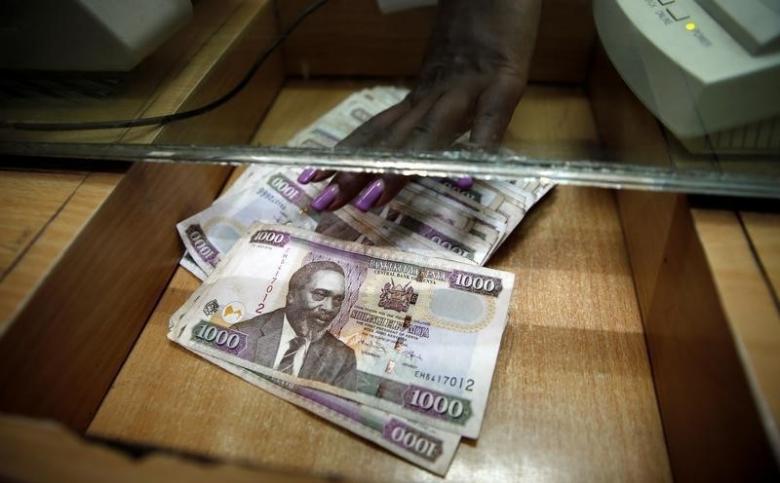
Kenyans brace for tough times as new taxes take effect

Starting this month, Kenyans will have to dig deeper into their pockets to afford many basic items as new government taxes on such items take effect.
The tax measures announced in this year’s budget presented in parliament last month by the Treasury raise prices of kerosene, mobile money use, bottled water, chocolate and banking charges, among others.
Electricity consumers are also set to pay higher tariffs as the government migrates into a new billing system. Under the new plan consumers at the bottom-segment of the market nearly pay double of what they pay currently.
Homes that consume 50 kilowatt per hour (KWh) of electricity per month will from now pay 12 dollars, up from 6.7 dollars previously. Consumers of 200KWh, would pay 49 dollars up from 41 dollars.
Kerosene users, mainly poor families across the East African nation who use the fuel for cooking and lighting, have to shoulder an additional 0.03 U.S. dollars on the cost of a liter of the fuel.
The new charges put Kenyans in a tight spot, with the poor set to be hit harder than the rest of the members of the society, amid declined or stagnated incomes.
“Not all of us can afford cooking gas, which the government wants us to use instead of kerosene. At 0.90 dollars per litre, this is very expensive. What are we going to use because there is also no firewood after logging was banned,” Moses Andemo, a resident of Kakamega, said on Monday.
Kerosene in Kakamega retails at a higher price than in the capital or the port city of Mombasa due to the longer distance it has to travel.
“Many people here use kerosene. When these prices rise, it means we must forego some meals because it becomes unaffordable to cook three meals,” said the motorbike transport operator.
Many economic analysts agree.
“The poor are certainly going to find it harder to survive as they try to balance how to spend their money on various basic needs. With incomes being as low 1 dollar a day, it makes life difficult because one has to budget all his daily needs from the money, a near impossibility,” said Henry Wandera, an economics lecturer in Nairobi.
The new taxes are expected to push up inflation going forward. Last month, inflation stood at 4.3 percent from 4 percent in May.
The average inflation rate for the first half of 2018 decreased to 4.2 percent from 9.8 percent in the same period in 2017.






